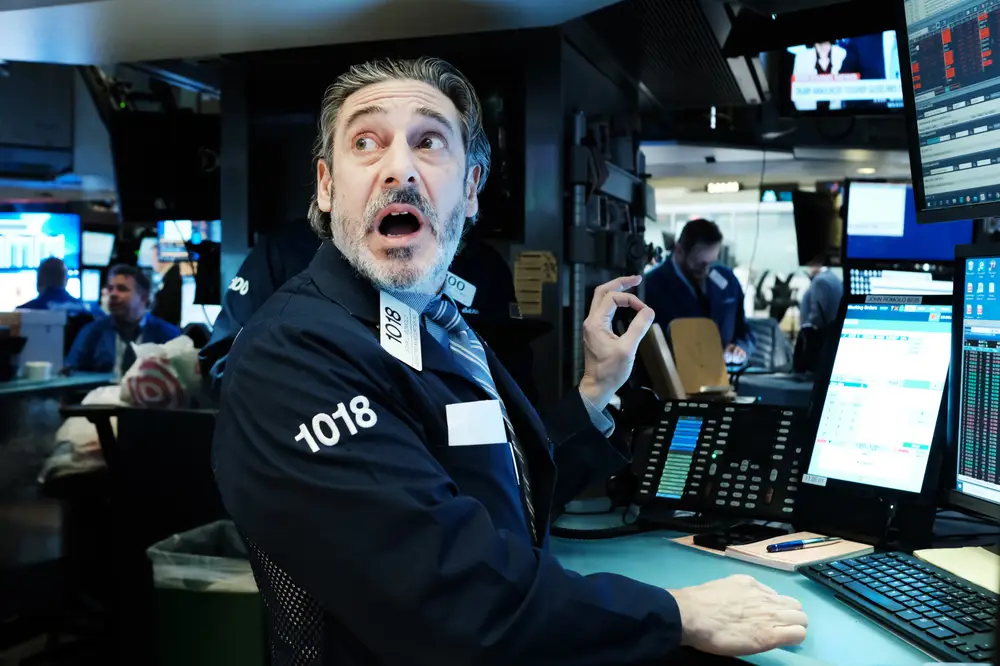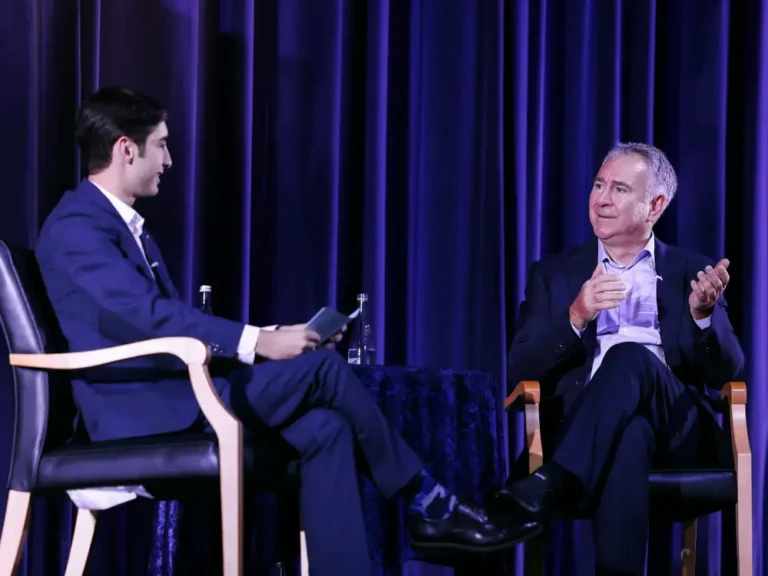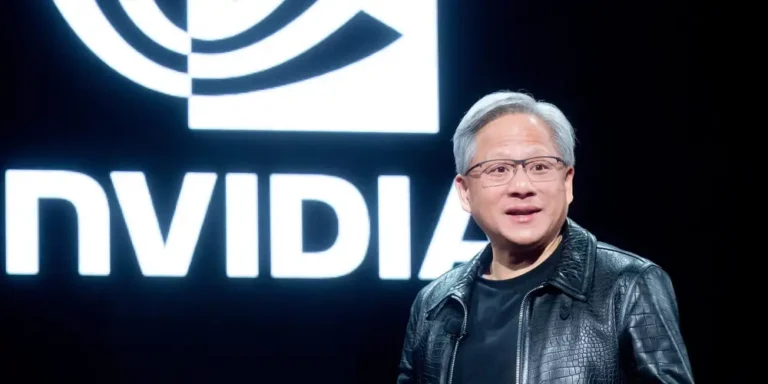A recession is starting right now, a crash-calling strategist says — even after Trump’s 90-day tariff pause

Markets rejoiced after President Donald Trump paused some of his controversial tariffs.
Peter Berezin, BCA Research’s chief global strategist, did not.
The market’s biggest bear has also been its most accurate so far this year, as Berezin predicted in late 2024 that Trump would initiate a global trade war that would lead to a market meltdown. In the past few weeks, that call made him look like a genius — if not a fortune teller.
Trump’s combative trade policy will cause a recession, Berezin recently told B-17. He predicted on Tuesday morning the economic downturn would begin this month.
A day later, Trump reversed course once again by declaring a 90-day pause on most countries — with the notable exception of China. But Berezin believes the move is too little, too late.
“I still think it’ll be very difficult to avoid a recession at this point, especially since the 10% blanket tariff remains in place and tariffs were further raised on China,” Berezin said via email on Wednesday as US stocks skyrocketed following Trump’s sudden tariff pause.
Why the economy could be cooked
At first glance, the US economy still looks healthy.
Job additions have exceeded expectations, and the unemployment rate is still rather low, even though it has ticked higher lately. Corporate earnings were robust last quarter. And while sentiment among analysts and consumers has weakened, that may just be noise.
But Berezin thinks it’s the better-than-expected fourth-quarter results that are noisy. He pointed out that consumers and businesses may have made extra-large purchases late last year to stockpile goods in hopes of hedging against higher tariffs under Trump.
“We had this period where people were buying stuff to get ahead of the tariffs, because if prices are going to go up in a week, you want to buy today — you don’t want to wait a week,” Berezin said.
Strategists at UBS Global Wealth Management pinpointed the risk of pulled-forward demand in profits, writing three months ago that “in certain industries, it’s possible that investors will be skeptical of strong results if they reflect pre-buying ahead of potential tariffs.”
A reversal of that dynamic is poised to crush earnings as spending dries up, Berezin said.
“Now, it’s going to be the opposite,” Berezin said. “Rather than tariff front-running, we’re going to get tariff front-waiting — if that’s a term I can use — where people are waiting for the prices to fall, for the tariffs to go down before they buy.”
He predicted this spending pause would show up in earnings in the coming quarters and cause analysts to slash their estimates.
“People are just going to wait for Trump to negotiate, and they’re not going to be buying all that much stuff,” Berezin said. “And so you’re going to see economic activity go down quite quickly.”
The US, Berezin said, is set for a vicious cycle in which consumer spending slows, which could cause companies to lay off workers and pause investment and lead to even less spending.
“Unemployment will probably start to rise,” Berezin said. “And once unemployment starts rising, it’s very hard to keep it from continuing to rise — especially in the current environment where the Fed can’t really cut rates aggressively because they’re worried about inflation.”
‘What’s the point of that?’
Trump’s unorthodox trade policy raises the question: What is the president trying to accomplish?
It’s a mystery, Berezin said. Trump has cited several short-term objectives — securing better trade terms with lower foreign tariffs and pressuring neighbors to help with the border — and long-term goals, like bringing jobs and manufacturing back to the US, while raising revenue.
These missions are diametrically opposed, Berezin said.
“Either you use tariffs as a negotiating tool, or you use them as a permanent source of revenue and as a way of incentivizing companies to relocate to the US,” Berezin said. “You can’t really have both.”
Using tariffs, which are import taxes, to fund the government’s coffers also makes little sense.
“You certainly can’t have a permanent source of revenue and then incentivize companies to relocate to the US so they don’t have to pay those tariffs,” Berezin said. “So there’s inconsistency there.”
Also mind-boggling to Berezin is the claim that tariffs won’t translate to higher prices.
“There’s an inconsistency between saying that tariffs aren’t going to cause inflation, and then turning around and saying that companies are going to relocate to the US and people are going to shift their spending towards US goods,” Berezin said. “I mean, what exactly is going to cause people to shift their spending towards US goods — unless import prices go up?”
Trump’s original tariff calculations were based on trade deficits, which Berezin said was nonsensical. The strategy chief said the US getting rid of trade deficits would “blow up the financial system.”
“Who cares if the US runs a trade deficit? The US has full employment already,” Berezin said. “You’re not going to be able to produce more if you have a smaller trade deficit. All you’re going to do is reallocate labor from what it’s currently doing to what it’ll have to do — like sew sneakers and make T-shirts and all that stuff. So you’re going to move labor from relatively high productive areas to low productive areas. Why? What’s the point of that?”
Even if Berezin is right in saying that Trump’s tariff policy is a mistake, he could be wrong about his recession call if the president changes course. That’s why he’s not reveling in his victory yet.
“I’ve been in this business long enough to know that victory laps — more often than not — you don’t even get around the bend before you’re proven wrong by something,” Berezin said.






